Entry Category: Grant
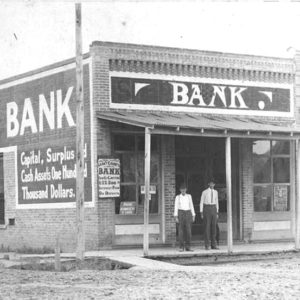 Grant County Bank
Grant County Bank
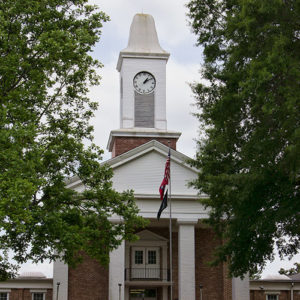 Grant County Courthouse
Grant County Courthouse
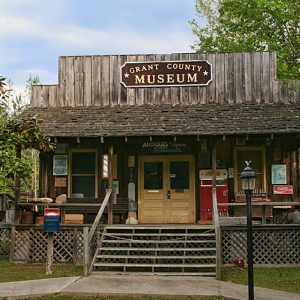 Grant County Museum
Grant County Museum
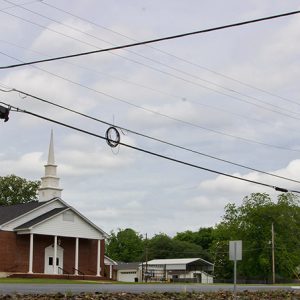 Harmony Baptist Church
Harmony Baptist Church
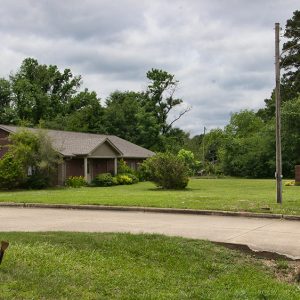 Kingdom Hall
Kingdom Hall
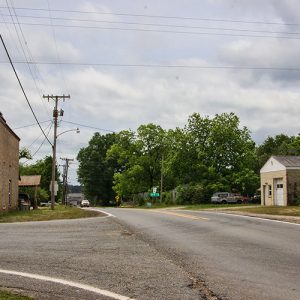 Leola
Leola
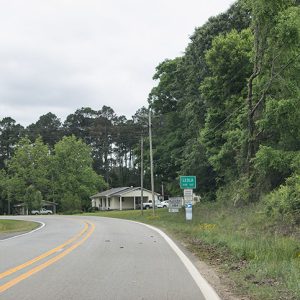 Leola
Leola
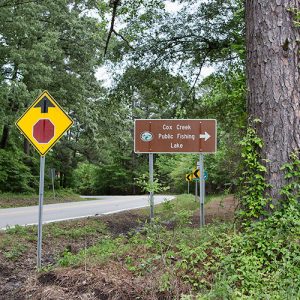 Leola
Leola
Leola (Grant County)
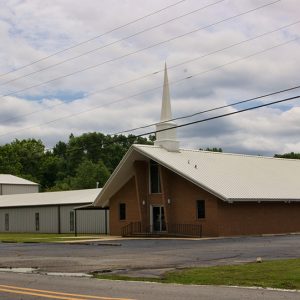 Leola Baptist Church
Leola Baptist Church
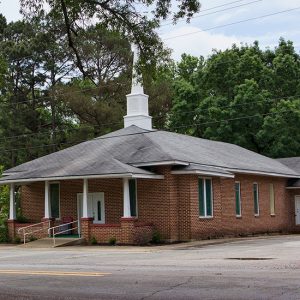 Leola Methodist Church
Leola Methodist Church
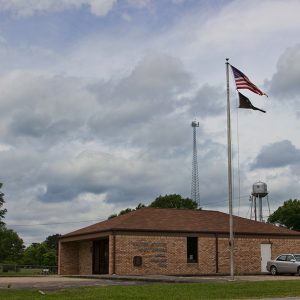 Leola Post Office
Leola Post Office
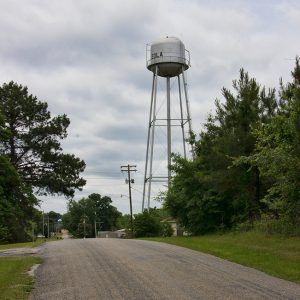 Leola Water Tower
Leola Water Tower
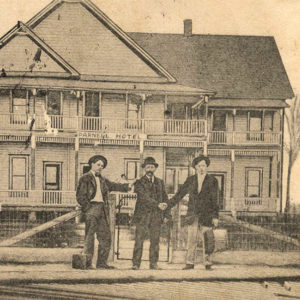 Parnell House
Parnell House
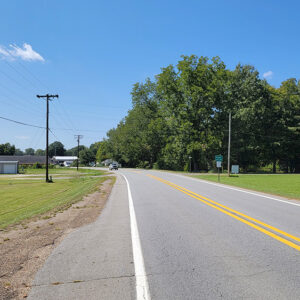 Entering Poyen
Entering Poyen
Poyen (Grant County)
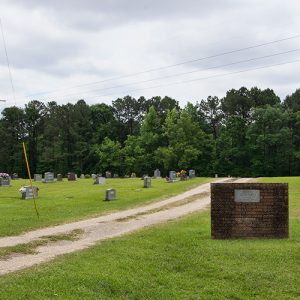 Poyen Cemetery
Poyen Cemetery
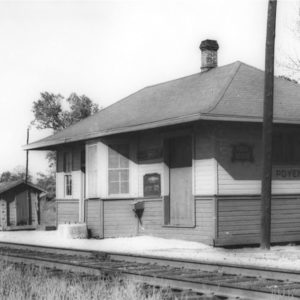 Poyen Depot
Poyen Depot
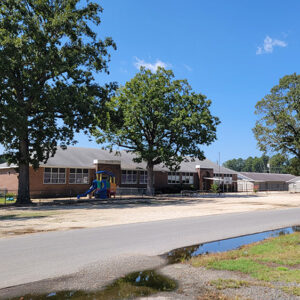 Poyen School
Poyen School
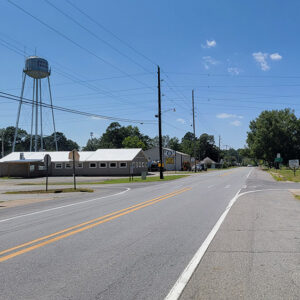 Poyen Street Scene
Poyen Street Scene
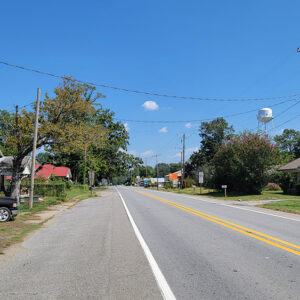 Poyen Street Scene
Poyen Street Scene
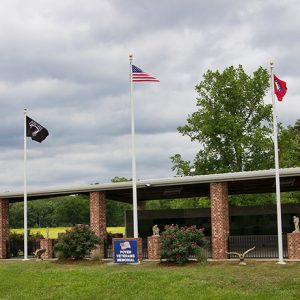 Poyen Veterans' Memorial
Poyen Veterans' Memorial
 Poyen Water Tower
Poyen Water Tower
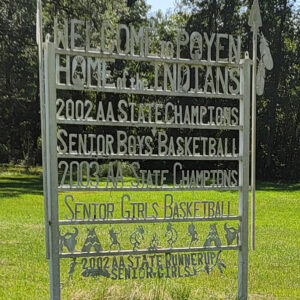 Poyen Welcome Sign
Poyen Welcome Sign
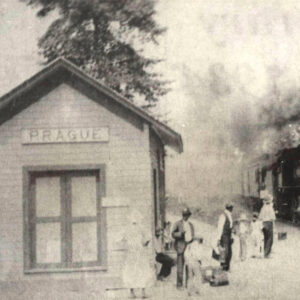 Prague Depot
Prague Depot
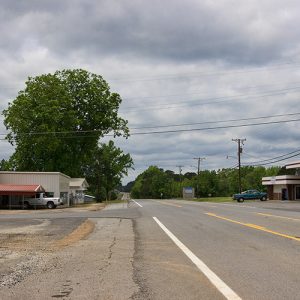 Prattsville
Prattsville
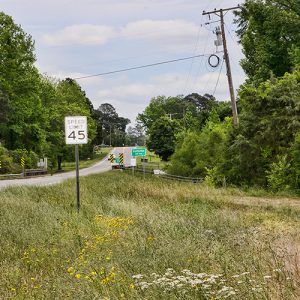 Prattsville
Prattsville
Prattsville (Grant County)
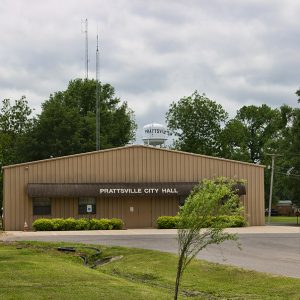 Prattsville City Hall and Water Tower
Prattsville City Hall and Water Tower
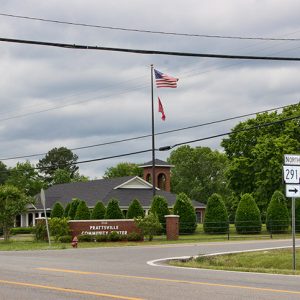 Prattsville Community Center
Prattsville Community Center
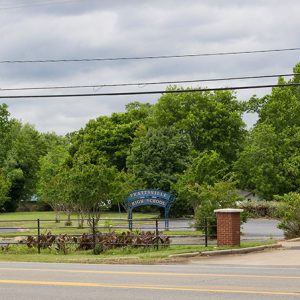 Prattsville High School
Prattsville High School
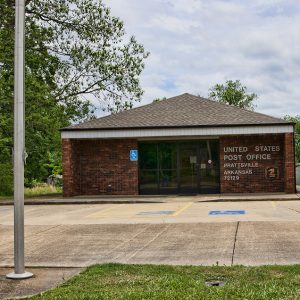 Prattsville Post Office
Prattsville Post Office
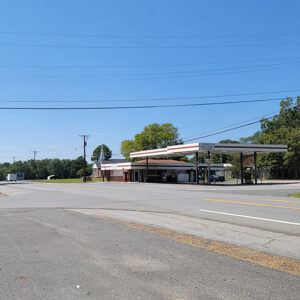 Prattsville Street Scene
Prattsville Street Scene
Sheridan (Grant County)
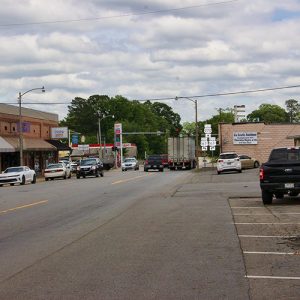 Sheridan Street Scene
Sheridan Street Scene
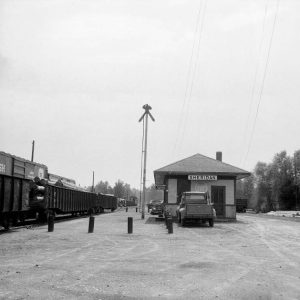 Sheridan Train Depot
Sheridan Train Depot
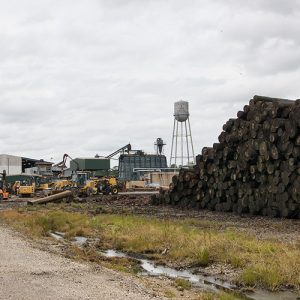 Toler & Sons
Toler & Sons
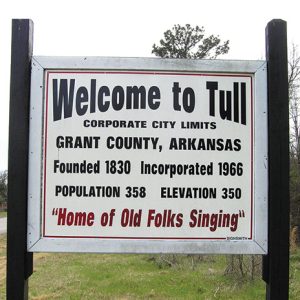 Tull Welcome Sign
Tull Welcome Sign
Tull (Grant County)
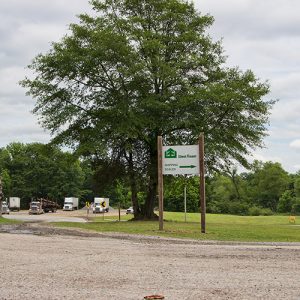 West Fraser Timber
West Fraser Timber
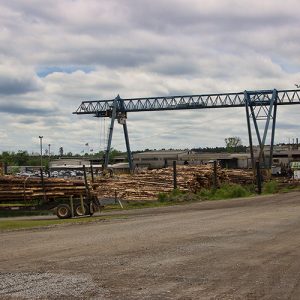 West Fraser Timber
West Fraser Timber
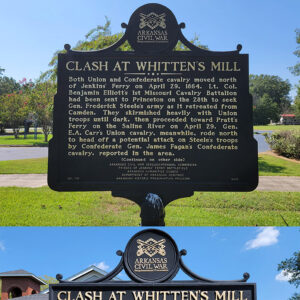 Whitten's Mill Marker
Whitten's Mill Marker




